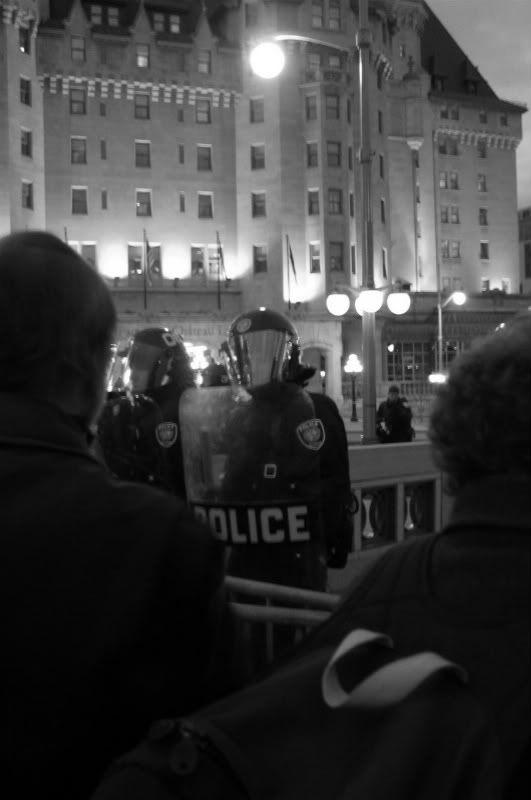To determine whether PROFUNC is an example of police deviance, we must first define deviance. Punch (2009) defines deviance as behaviours and conducts which go against the norms and expectations that a group or an organisation holds. He also, of course, acknowledges that violation of the criminal law is too a form of deviance. I do not believe that PROFUNC was a form of police deviance based on definition but, I do believe it was a form of political deviance. PROFUNC was a plan approved by the Federal Government of Canada which delegated the powers to the police to use extreme measures to detain people of communist belief and these apprehensions were for the most part based off of fear and suspicion.|
Fear, suspicion, spying and lists contributed heavily in helping the PROFUNC initiative reach the heights that it did. Because of fear of threat to the state, the program was created. Because of suspicion, many people were detained without reason, other than suspicion alone. Because of lists, people were put under surveillance largely impacting their future and reputation. Because of secretive spying, people were unaware to the threat they were facing from the state. To sum up the amount of fear that was imminent during this time, in the Fifth Estate documentary, ‘Enemies of the State’ (2010), James Laxer states “the police were bad, the police were our enemy, the police were out there to do us harm.”
Even though the PROFUNC initiative was abolished (supposedly), we can still to this day see similar instances where a fear of mentality becomes a political issue and creates a large impact with lasting consequences. Look at the Maher Arar incident as a genuine example. In the PROFUNC era, it were communists who were deemed to be ‘enemies of the state’ as a reflection on the times. Post September 11th, there was a common misconception placed upon Muslims, and they then became the picture of an ‘enemy of the state’. Maher Arar was essentially kidnapped, much like the people taken from their homes during the PROFUNC program who were detained in internment camps. Although logically it seems as though these demonstrate unlawful confinement and a breach of charter rights, because of approved legislation, these were not.
Accountability mechanisms in these instances become immersed in very murky water. Because many of the documents surrounding their operations are heavily censored and large portions of information are left out due to reasons of ‘national security’, it is very difficult to create accounts of accountability to determine whether actions were justified. Another problem that exists in both of these instances is the sharing of lists without caveats. The list which was creating for the PROFUNC program created issues where people would try to get into the United States, but were denied access because of the list. For Maher Arar, the RCMP gave the list, again without caveats, to the CIA which then led to his
torture in Syrain prison. Both of these lists were created on suspicion and were not always accurate in who the determined to be a red flag.
References
The Fifth Estate. (2010, October 15). Enemies of the State. CBCnews. Retrieved from http://www.cbc.ca/fifth/2010-2011/enemiesofthestate/
Punch, M. (2009). Police Corruption: Deviance, Accountability and Reform in Policing. London; New York: Routledge.



